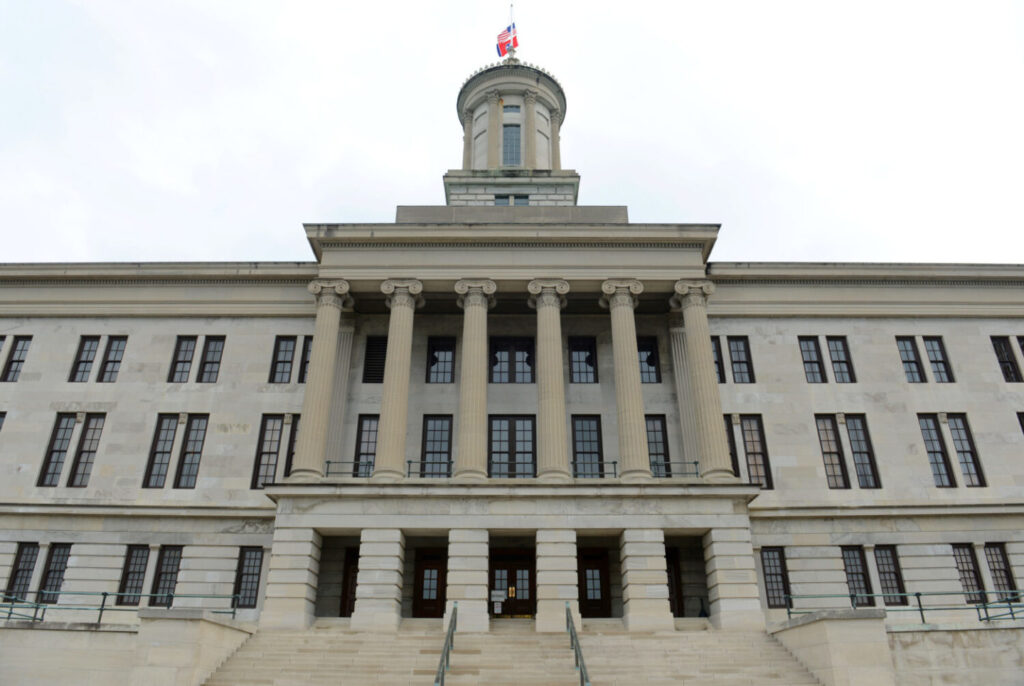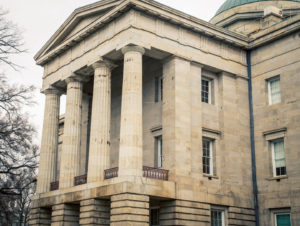$56 million allocated for a school choice program in North Carolina
(The Center Square) – Teachers and state employees will get bigger raises, while additional funding for school safety, state retirees, infrastructure and other priorities are also set for a boost…

(The Center Square) – Teachers and state employees will get bigger raises, while additional funding for school safety, state retirees, infrastructure and other priorities are also set for a boost as part of budget adjustments signed into law by Gov. Roy Cooper.
The second-term Democrat signed the state’s $27.9 billion General Fund budget into law on Monday, his last day to take action on the legislation before it would have become law on its own.
“Today, I signed the state budget that includes critical investments in education, economic development, transportation, and the state workforce,” Cooper said of House Bill 103. “This budget does not include Medicaid expansion, but the leadership in both the House and Senate now support it and both chambers have passed it. Negotiations are occurring now, and we are closer than ever to agreement on Medicaid expansion, therefore a veto of this budget would be counterproductive.”
A Cooper veto faced probability of a override with more than 30 Democrats siding with Republicans to support the measure.
The adjustments do not include additional tax cuts, instead devoting substantial funding to fight inflation and keep the state in a positive position in the event of a recession. Lawmakers boosted the state’s rainy day fund to a record $4.75 billion and created a new $1 billion “Stabilization and Inflation Reserve” to counter any losses from tax collections or inflation.
State employees who were set to receive a 2.5% raise next year will now receive a 3.5% raise, while teacher raises grew from 2.5% to 4.2%. The bill also included an additional $56 million for a school choice program the governor opposes.
Other education spending included $15 million for the School Resource Officer Grant program for elementary and middle schools, as well as $32 million in School Safety Grants to support students in crisis, safety training, and equipment.
In addition, the budget will transfer 2% of sales tax revenue worth about $193.1 million to the Highway Fund for transportation projects, a figure that will increase to 6% in 2024.
The legislation also included $15 million for mental health resources; $883 million for water and wastewater projects; $1.8 million to improve voter lists and election technology and security; and changes requested by the Department of Health and Human Services the governor said were necessary to end his two-year COVID-19 state of emergency.
“The General Assembly passed the 2022 budget with strong bipartisan support, and we are pleased Gov. Cooper signed this responsible spending plan into law,” Senate President Pro Tempore Phil Berger, R-Rockingham and House Speaker Timothy Moore, R-Cleveland, said in a joint statement. “Moving forward, we are committed to working together to improve healthcare access and expand Medicaid, while providing the necessary safeguards to preserve the state’s fiscal strength. Active negotiations are occurring now toward that end.”
Cooper announced Monday that North Carolina’s COVID-19 state of emergency will end on Aug. 15, after 888 days.
He also vetoed legislation on Monday that would have required sheriffs to contact U.S. Immigrations and Customs Enforcement if they could not confirm the citizenship status of arrested persons accused of serious felonies or violent crimes.
“As the state’s former top law enforcement officer, I know that current law already allows the state to incarcerate and prosecute dangerous criminals regardless of immigration status,” Cooper said. “This bill is unconstitutional and weakens law enforcement in North Carolina by mandating that sheriffs do the job of federal agents, using local resources that could hurt their ability to protect their counties.”



